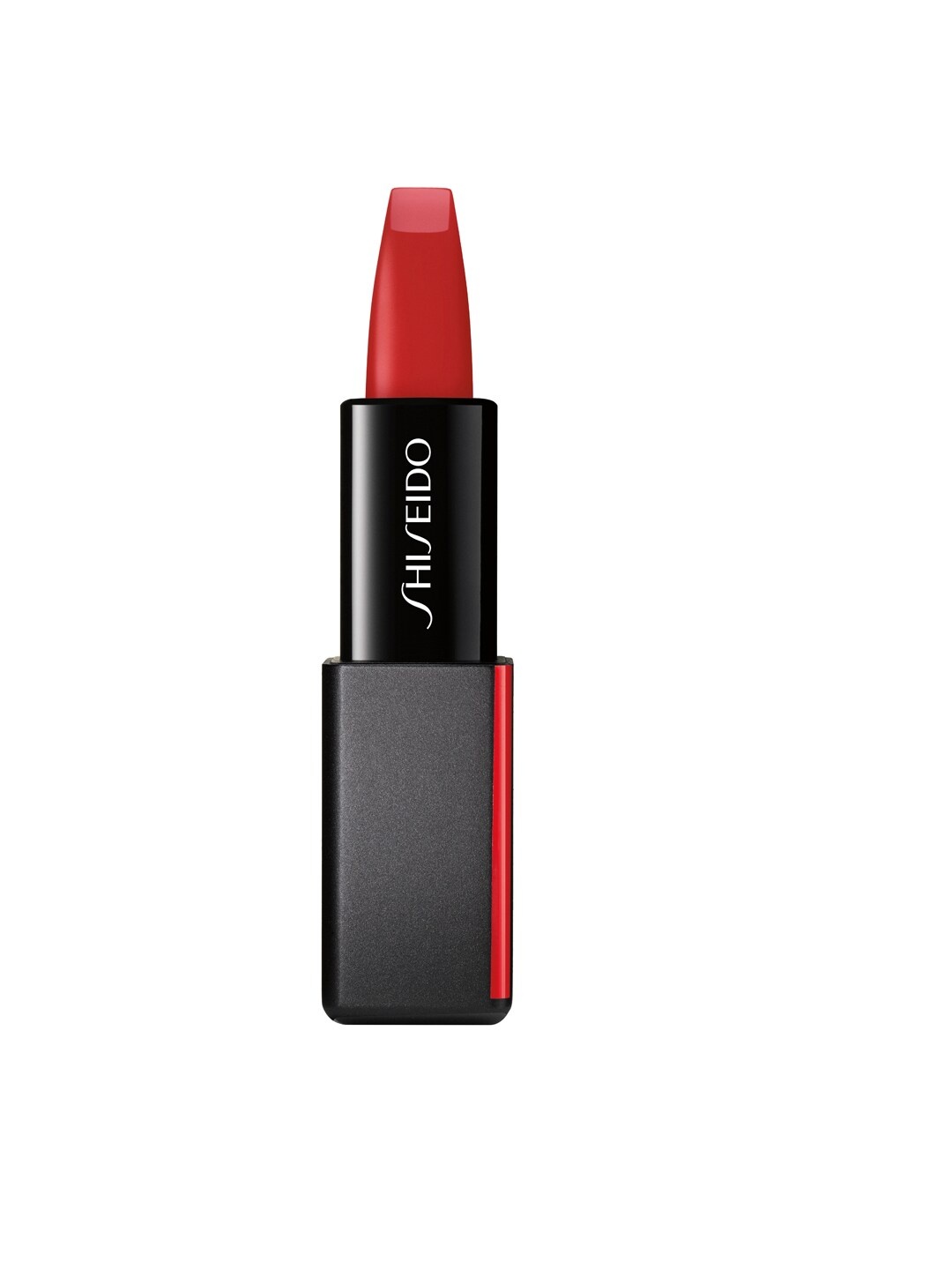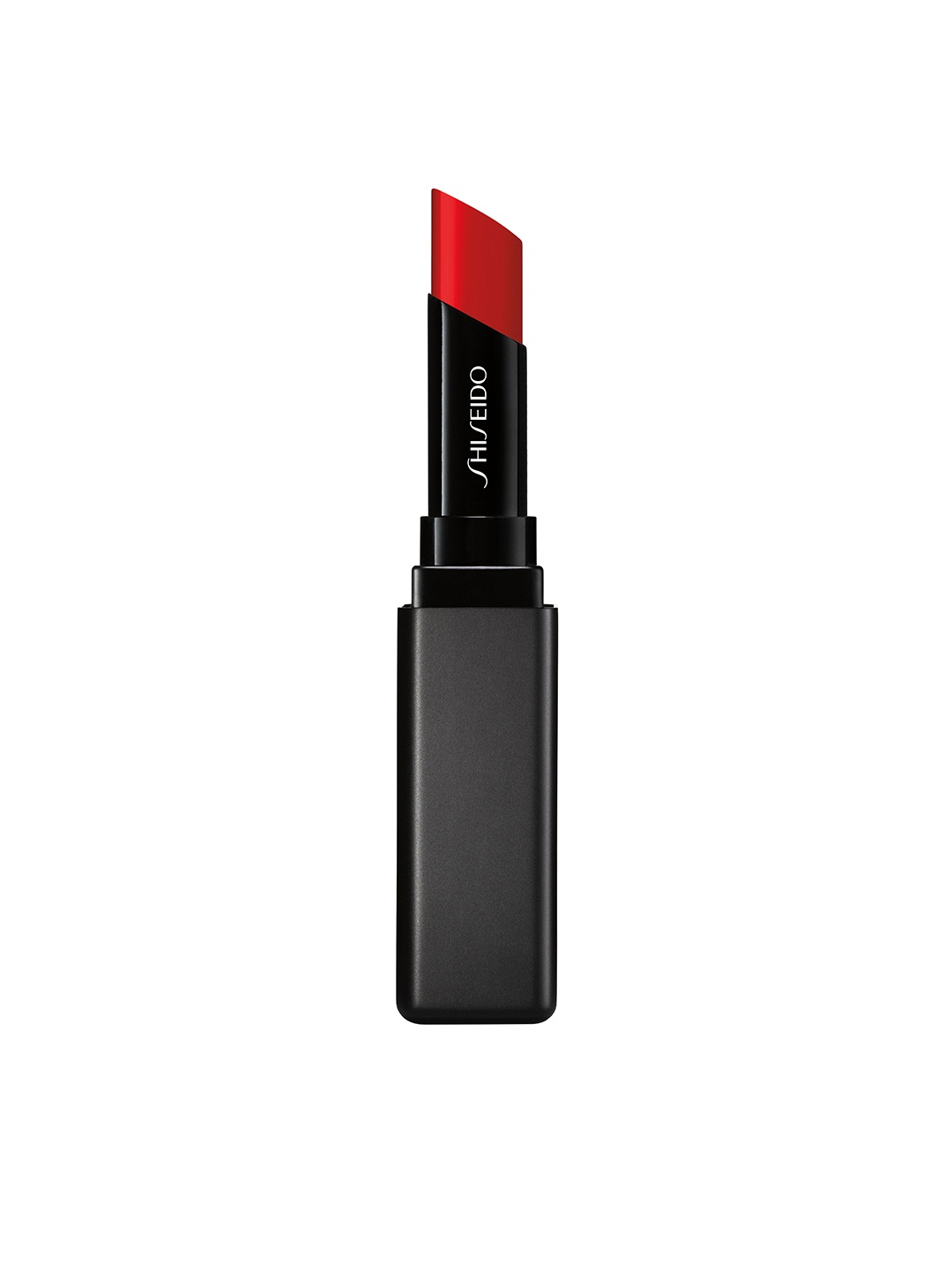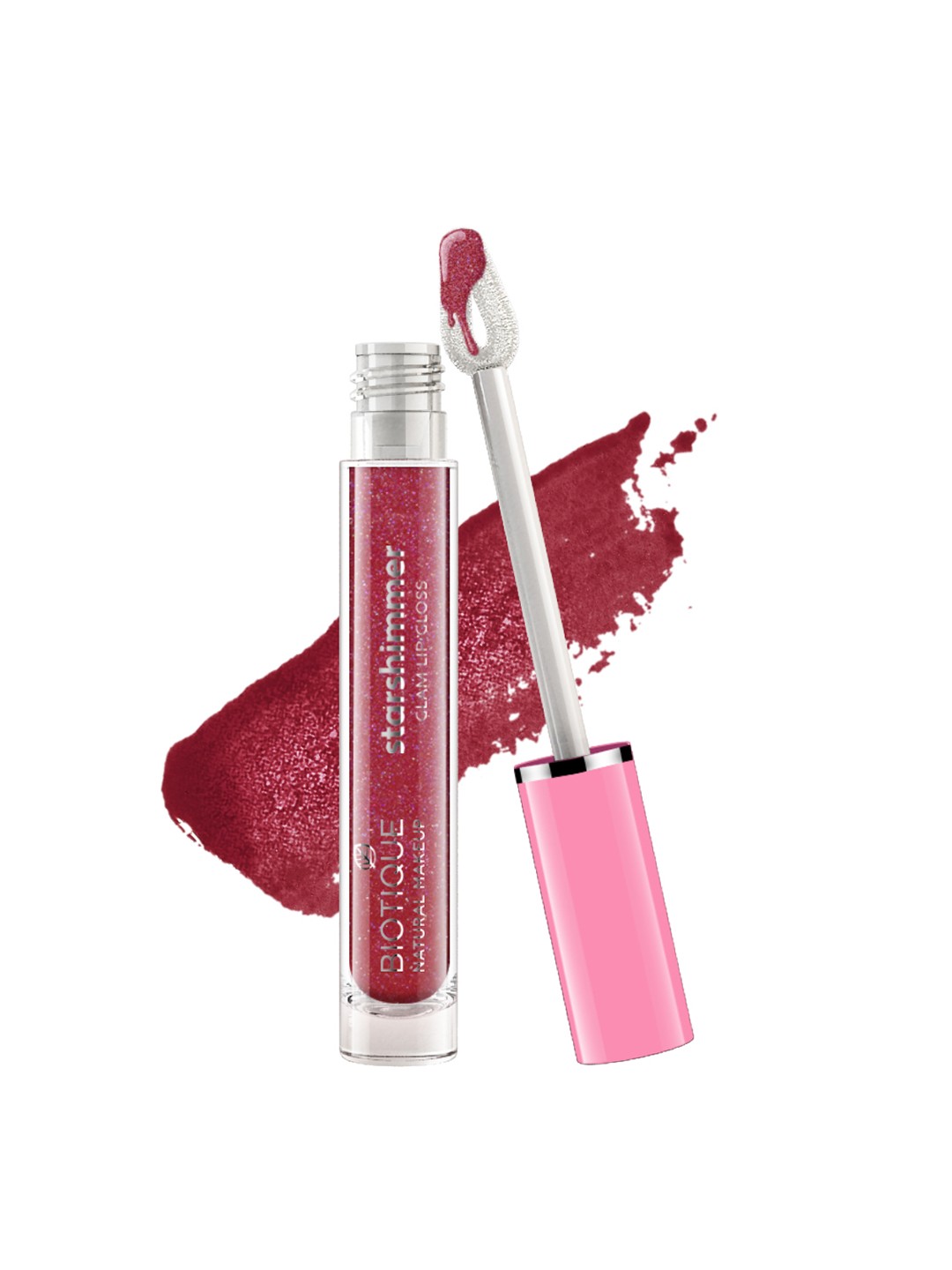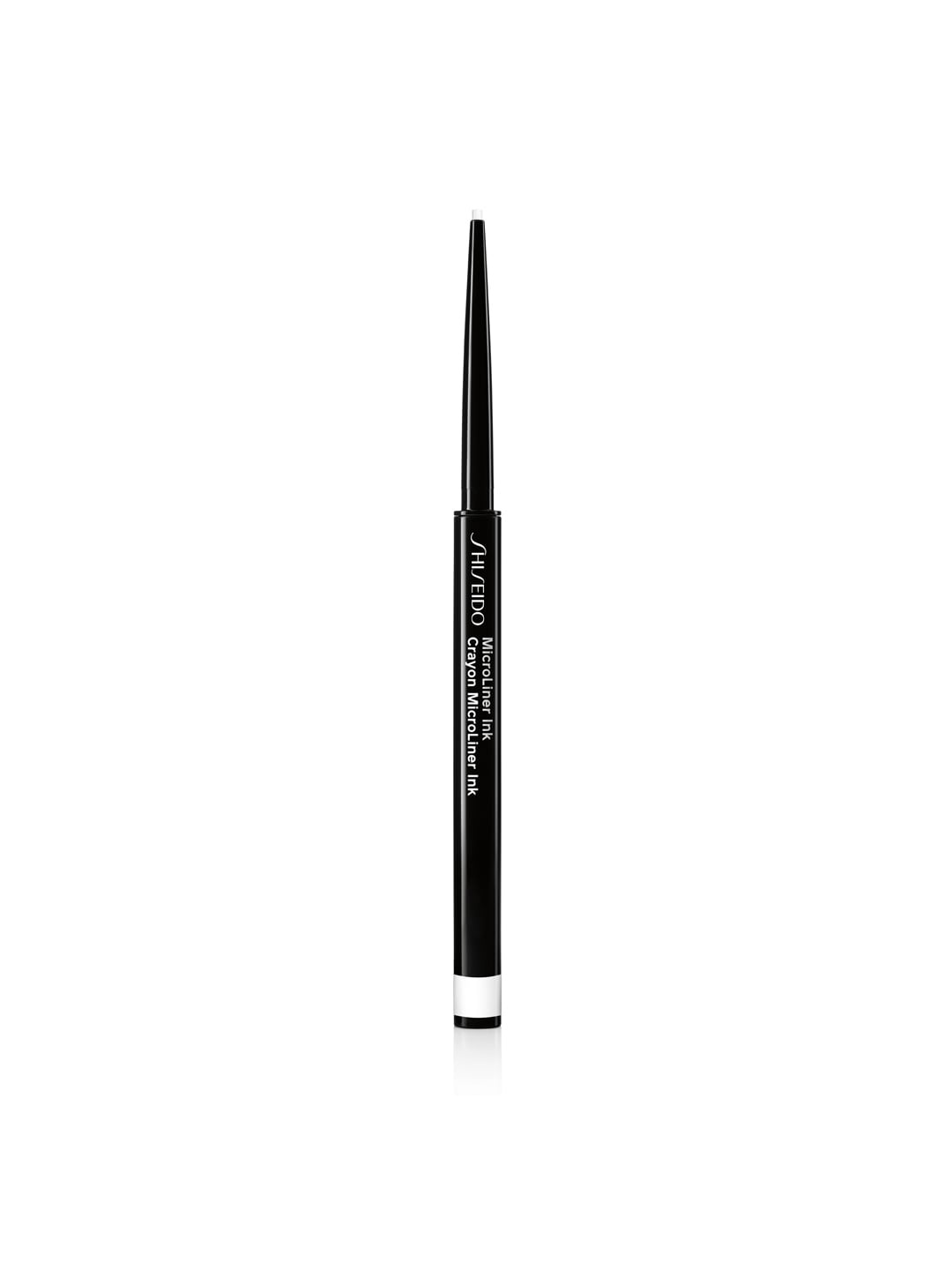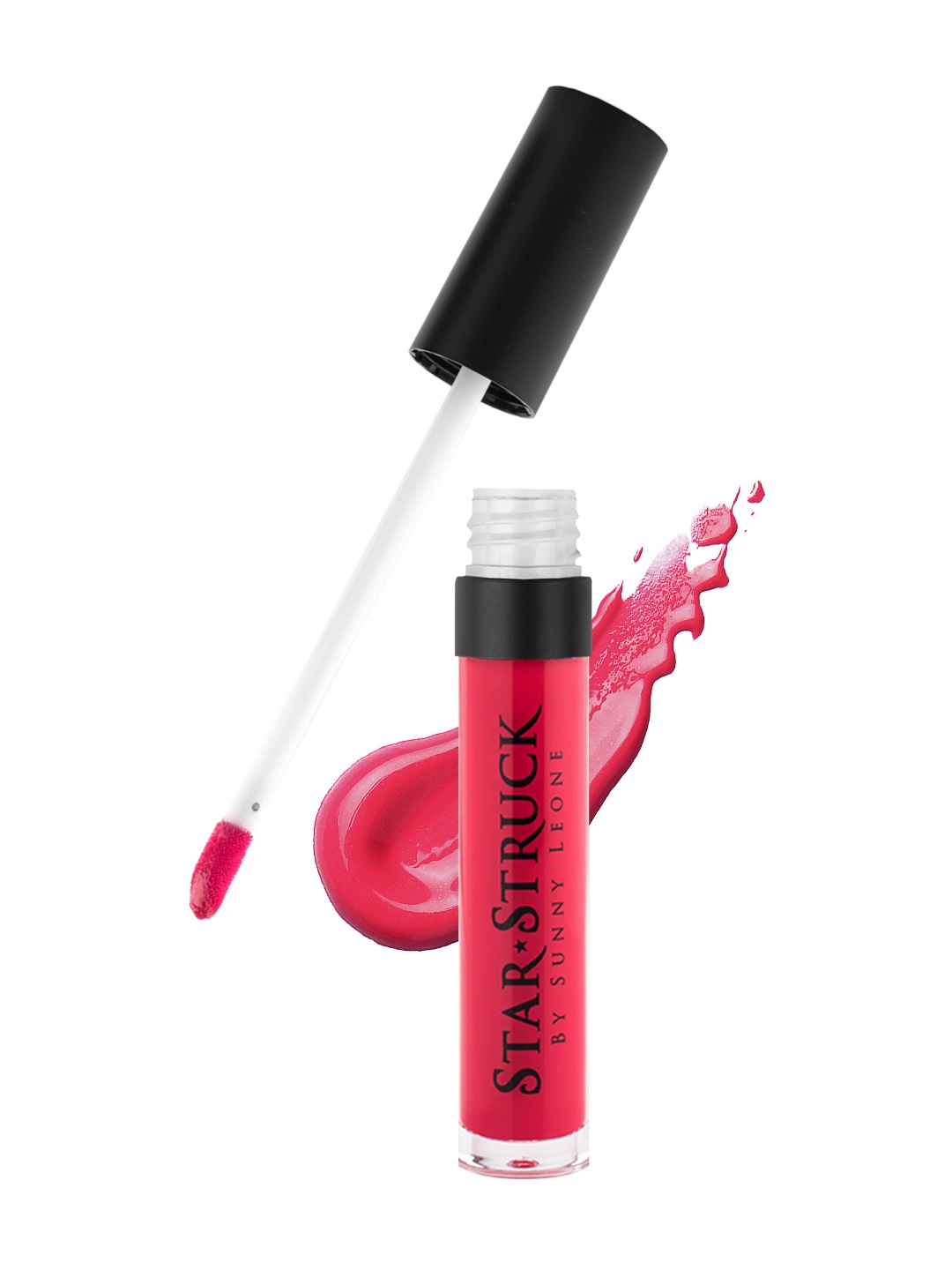Best Face Masks for Oily, Dry and Sensitive Skin: Find What Suits Your Skin Type
Best Face Masks for Oily, Dry and Sensitive Skin: Struggling with stubborn shine, desert-dry patches or random flare-ups? Here is your friendly, no-fuss guide.

Achieve your dream skin glow by using the right face mask for your skin type.
It's a familiar scene: standing in front of a mirror, poking at a pimple or eyeing a flaky patch with frustration. The face, after all, says it all, whether it's reacting to pollution, a week of spicy snacks, or just one too many late nights. No matter how many serums or creams line the shelves, a good face mask can offer that quick skin revival we often crave.
But here's the catch, not all masks are made equal. One person's holy grail clay mask could turn another's face into a red, irritated mess. Understanding what your skin needs, and what to avoid, is half the battle won. From the sticky heat of Chennai to the winter dryness of Shimla, skin throws up different challenges. This guide breaks down the best masks tailored for oily, dry, and sensitive skin types, without the jargon, and with all the clarity you need. Let's dive into the world of clay, cream, gel and sheet, and find your skin's new best friend - here is how to pick the best face masks for oily, dry and sensitive skin.

Best Face Masks for Oily, Dry and Sensitive Skin: Learn how to choose the right mask for your skin type; Photo Credit: Pexels
1. For Oily Skin: Clay Masks to the Rescue
If the mirror often reflects an unwanted shine and your forehead resembles a frying pan by noon, welcome to the oily skin club. The culprit? Overactive sebaceous glands that just love to work overtime. But all isn't lost. Clay masks can be your skincare superhero here.
Ingredients like bentonite and kaolin clay draw out impurities like a magnet. Think of them as tiny vacuums for your pores, they soak up excess oil, clear out dirt and help with breakouts. Charcoal masks also do wonders when it comes to deep cleansing without being too harsh.
For a budget-friendly DIY, multani mitti (fuller's earth) mixed with rose water is an old-school miracle that still works like magic. It cools the skin and calms inflammation, especially useful during humid summers.
Just a heads-up, overdoing it can dry your skin out and trigger even more oil production. Twice a week is enough. After masking, always follow up with a lightweight moisturiser. Yes, oily skin needs hydration too, just not the greasy kind.
2. Dry Skin: Cream Masks for Deep Nourishment
Dry skin has a way of making its presence felt, tightness, flakiness, and that telltale chalky look that no amount of foundation can cover. What it really craves is a tall drink of water, and cream-based masks deliver just that.
These masks are rich, soothing, and brimming with hydrating ingredients like hyaluronic acid, glycerin, and shea butter. They work like a warm blanket on a chilly night, locking in moisture and restoring the skin's natural barrier.
Look for masks with added vitamins, especially E and B5. These help repair damage, reduce dullness, and bring back a natural glow. If you're into natural options, a simple mask made of mashed banana and honey can be surprisingly effective. Banana nourishes, while honey draws moisture from the air into your skin, a winning combo.
Use cream masks at night for best results. They prep the skin beautifully for sleep and leave it soft, plump, and dewy in the morning, no salon visit required.
3. Sensitive Skin: Gel Masks to Calm and Soothe
Sensitive skin can be tricky, unpredictable, quick to flush, and always walking a tightrope between too little and too much. A strong fragrance or even a new laundry detergent can throw it into a tizzy. What this skin type needs is gentle care, and gel masks fit the bill perfectly.
Aloe vera, cucumber extract, and calendula are hero ingredients here. They're cooling, calming, and reduce redness almost instantly. Unlike clay or heavy cream masks, gel masks are feather-light and absorb easily without leaving a residue.
For days when the heat is unforgiving or after a sweaty metro ride, popping a gel mask into the fridge for ten minutes before applying can be incredibly refreshing. It's like a spa treatment at home, minus the bill.
Pro tip: Always patch-test any new product. Sensitive skin doesn't always play nice, even with natural ingredients. Choose masks labelled 'fragrance-free' or 'dermatologically tested' and keep it simple.

Gel face masks are cooling and calming for sensitive skin types; Photo Credit: Pexels
4. Combination Skin: Multi-Masking Is the Way Forward
This one's for the indecisive skin types, oily on the nose and forehead, dry on the cheeks, and moody everywhere else. Combination skin is the ultimate multitasker, and it needs a strategy to match.
Enter multi-masking. It's exactly what it sounds like, using different masks on different areas of the face. Apply a clay mask on the T-zone to control oil, and a hydrating cream or gel mask on the cheeks and under the eyes to prevent dryness.
This approach respects the fact that your skin doesn't behave the same all over. It's especially helpful during seasonal changes when skin starts sending mixed signals. Summer might make the nose a grease zone while winter brings dry flakes to the chin.
Think of it as giving each part of your face what it truly needs. It might take a few extra minutes, but your skin will thank you with balance and clarity.
5. Acne-Prone Skin: Sulphur and Salicylic Acid Masks
Battling breakouts can feel like fighting an endless war. Acne-prone skin needs targeted masks that tackle inflammation, kill bacteria, and unclog pores, all without over-drying the skin.
Sulphur masks, though a bit smelly, are incredibly effective. They reduce excess oil, calm redness, and have antibacterial properties. Salicylic acid, on the other hand, gets deep into the pores and clears out gunk. It's especially great for blackheads and whiteheads.
Avoid scrubs and grainy masks, as they can aggravate existing pimples. A soothing tea tree oil mask or a green tea-based formula can bring down redness and reduce flare-ups.
Spot masking is also an option. Dab a clay or salicylic acid mask on just the affected areas instead of applying it all over. This way, the rest of your face doesn't get stripped of moisture unnecessarily.
Also Read: 5 Clay Masks To Detoxify And Hydrate Your Skin
6. Dull Skin: Brightening Masks for Instant Radiance
Late nights, stress, pollution, all of these gang up to dull the skin's natural glow. When your complexion looks like it needs a filter, a brightening mask can offer an instant pick-me-up.
Look for masks with vitamin C, niacinamide, or fruit enzymes like papaya and pineapple. These ingredients gently exfoliate dead skin cells and boost circulation, leaving behind a fresher, more luminous look.
Ubtan, the traditional mix of turmeric, besan (gram flour) and milk, is a time-tested remedy that still holds its own. It adds brightness, evens out skin tone and doubles up as a gentle exfoliator.
For a modern twist, sheet masks infused with pearl extract or licorice are a quick-fix option, especially before an event or wedding. Use one 20 minutes before makeup and watch your skin come alive.

Brightening face masks can remove dullness from the face; Photo Credit: Pexels
7. Ageing Skin: Firming and Rejuvenating Masks
As skin matures, it begins to lose elasticity and that youthful bounce. Fine lines, sagging, and pigmentation begin to show, but the right mask can help slow things down.
Firming masks with ingredients like retinol, peptides, and collagen boosters can make a visible difference. They improve skin texture, boost collagen production, and reduce the appearance of wrinkles over time.
For those looking for traditional fixes, a sandalwood and milk mask is excellent. It cools the skin, fades age spots and leaves it feeling smooth. You'll also find great results with sheet masks soaked in snail mucin or ginseng, both are trending in the skincare world for their anti-ageing properties.
Consistency is key. Use these masks twice a week and complement them with a good night cream. Ageing is natural, but there's no harm in ageing gracefully, and confidently.
8. Pigmentation Issues: Masks That Even Out Skin Tone
Hyperpigmentation, dark spots, and uneven skin tone are often caused by sun exposure, acne scars, or hormonal changes. Masks that tackle these issues usually combine gentle exfoliation with brightening agents.
Liquorice extract, kojic acid, and arbutin are popular ingredients that fade dark spots over time. Masks with niacinamide help to block the transfer of pigment, gradually evening out skin tone.
DIY options like tomato pulp mixed with yoghurt can also lighten spots when used regularly. The natural acids in tomatoes help with exfoliation, while yoghurt soothes and hydrates.
These masks require patience. They won't deliver overnight results, but consistent use over a few weeks can visibly brighten the skin and reduce marks. Always follow with sunscreen, pigmentation gets worse with UV exposure.
9. Men's Skin Needs: Masks That Work for Everyday Hustle
Men's skin, generally thicker and oilier, often battles breakouts, roughness and dullness thanks to constant shaving and exposure. A face mask might seem like a luxury, but it's actually an effective way to refresh and repair the skin.
Charcoal and clay-based masks are perfect for post-gym oiliness or pollution build-up. They clean out pores and keep acne at bay. For dry days, a gel or cream-based mask with aloe vera or green tea can soothe skin, especially after shaving.
Fragrance-free options are best to avoid irritation. And don't skip moisturiser after, it helps lock in the goodness. Masks for men are no longer a ‘salon-only' idea. A ten-minute routine once or twice a week can make a visible difference.
Self-care has no gender. In fact, in today's world, it's more like basic maintenance, like ironing a shirt before a meeting.

Charcoal or clay masks are great for men; Photo Credit: Pexels
10. Budget-Friendly DIY Masks That Actually Work
Let's be honest, skincare can get expensive. But great skin doesn't always need fancy packaging or luxury price tags. The kitchen is full of ingredients that work beautifully for the skin, and they're often more gentle too.
For oily skin, try a mix of multani mitti and rose water. For dry skin, honey with a bit of milk cream can do wonders. A turmeric and yoghurt combo fights acne and adds glow. Papaya mashed with a spoon of honey can help brighten and soften the skin.
Apply with a clean brush or fingers, leave it on for 15–20 minutes, and rinse with lukewarm water. It's budget-friendly, effective, and gives the satisfaction of going natural.
Just one word of caution, always do a patch test. Even natural ingredients can cause reactions if your skin is sensitive.
Products Related To This Article
1. VEDICINE Pure Mulethi Powder Face Pack
2. Globus naturals Rice Ceramide Peel Off Mask
3. URBANYOG Acne Absorbing Non-Drying Pimple Patch
4. DOT & KEY Anti-Acne Salicylic Green Clay Face Mask to Reduces Dark Spots & Balance Oil
5. PLIX THE PLANT FIX Pomegranate Peeling Potion with 25% AHA + 2% BHA + 5% PHA
6. DERMISTRY Skin Brightening Pigmentation Dark Spots Face Mask
7. BAKE Cotton Candy Anti Pigmentation Clay Mask with Alpha Arbutin
A good face mask isn't just about skincare, it's a ritual, a pause, a bit of self-love tucked into a busy week. Whether your skin acts like a moody teenager or just needs a pick-me-up, there's a mask that fits just right. The trick is to listen to your skin, understand its unique quirks, and treat it kindly, with the right ingredients, a little patience, and a lot of care. Because when your skin feels good, you do too. So, go ahead and buy face masks online according to your skin type and get the best results.














